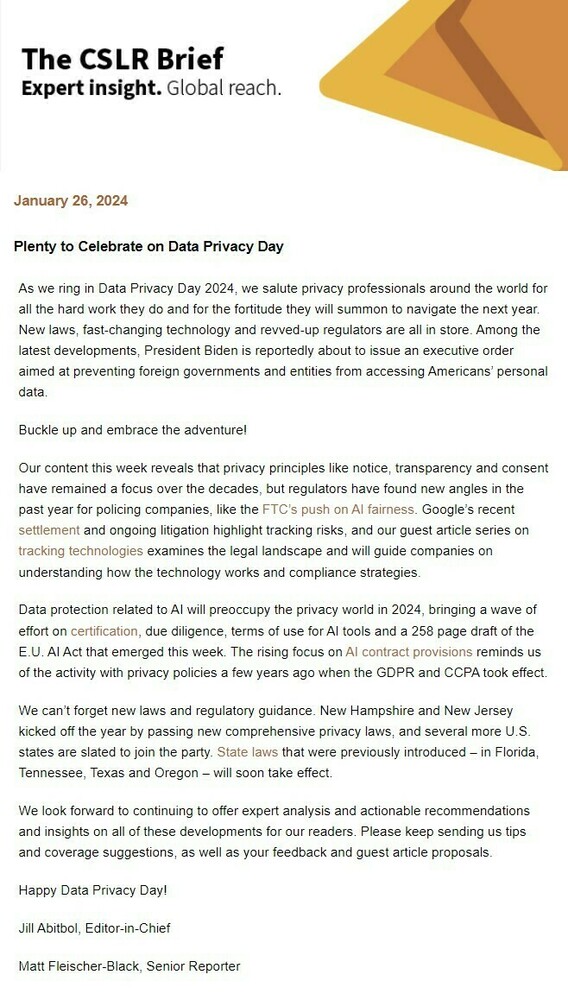Last month, in a ruling against Meta, a California federal court handed data scrapers a fresh lifeline to argue that they are free to extract publicly available information from social media profiles. The decision sets higher hurdles for websites to succeed on breach of contract claims against scrapers or shield data with anti-bot gates like CAPTCHAs. It is another example of how U.S. scraping case law is diverging from the approach of global regulators, 12 of whom recently issued a joint statement effectively obligating social media companies to use seven safeguards to prevent scraping of personal data. This first article of a two-part series on the latest scraping developments across courts, regulators and privacy engineers discusses the implications of the Meta v. Bright Data decision and the state of anti-scraping litigation. Part two will explain the safeguards that global regulators have prescribed, practical suggestions for minimizing risks from scraping, and the rising pressure on companies to institute a comprehensive governance framework for scraping that echoes earlier ones developed for cybersecurity and privacy. See “Best Practices to Combat Surge of Unwanted Data Scraping” (Mar. 8, 2023).



